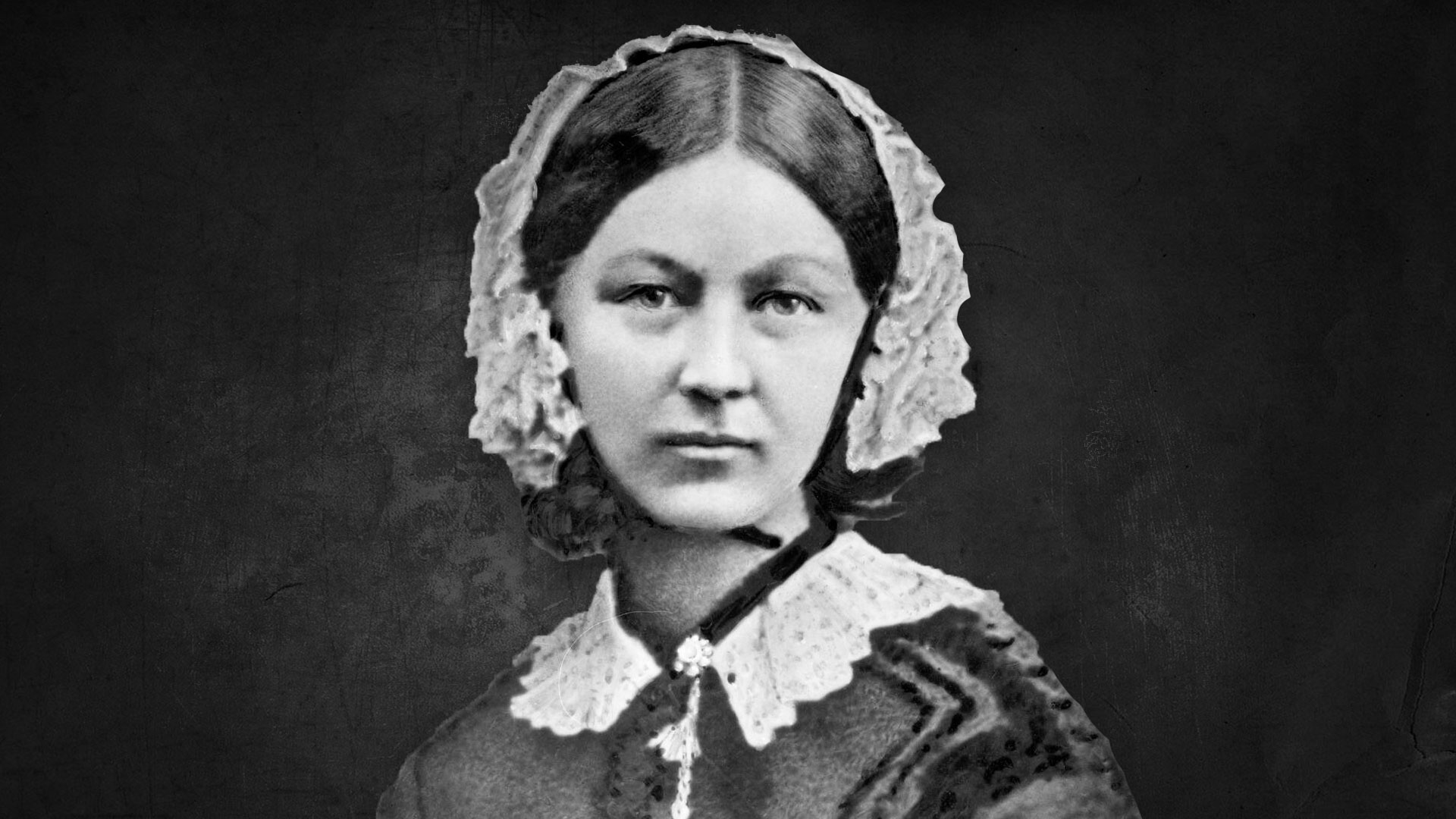
Florence Nightingale matemática, estadística y fundadora de la enfermería moderna
Stendhal syndrome, Stendhal's syndrome or Florence syndrome is a psychosomatic condition involving rapid heartbeat, fainting, confusion, and even hallucinations, [1] allegedly occurring when individuals become exposed to objects, artworks, or phenomena of great beauty. [2]
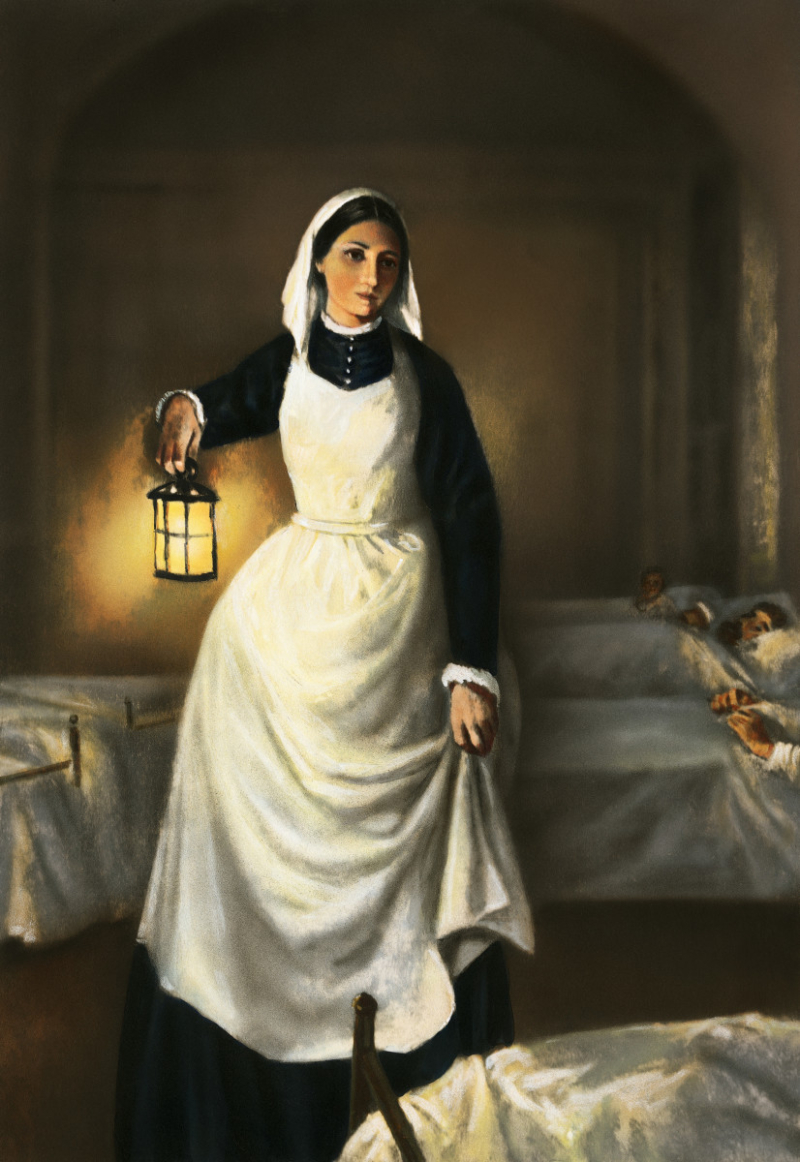
Florence Nightingale Her impact on nursing and hygiene in hospitals Schule Zizers
The Florence Nightingale Effect (also referred to as Nightingale Syndrome) is a pop-culture reference to the real nurse, Florence Nightingale, who treated her patients with care and compassion.

Mysphera Florence Nightingale, “the lady with the lamp” pioneer of the Big Data in Health Care
What is it? HISTORY EXAMPLES Q/A The Florence Nightingale Effect - Lovesick, or in love with sick? Written by Matthias Laroche Updated on 20th October, 2022 Definition of The Florence Nightingale Effect The Florence Nightingale Effect is a trope in pop culture where a caregiver develops romantic affection for an individual under their care.

The Life and Legacy of Florence Nightingale The Historic England Blog
Origin The effect is named for Florence Nightingale, a pioneer in the field of nursing in the second half of the 19th century. Due to her dedication to patient care, she was dubbed "The Lady with the Lamp" because of her habit of making rounds at night, previously not done. Her care would forever change the way hospitals treated patients.
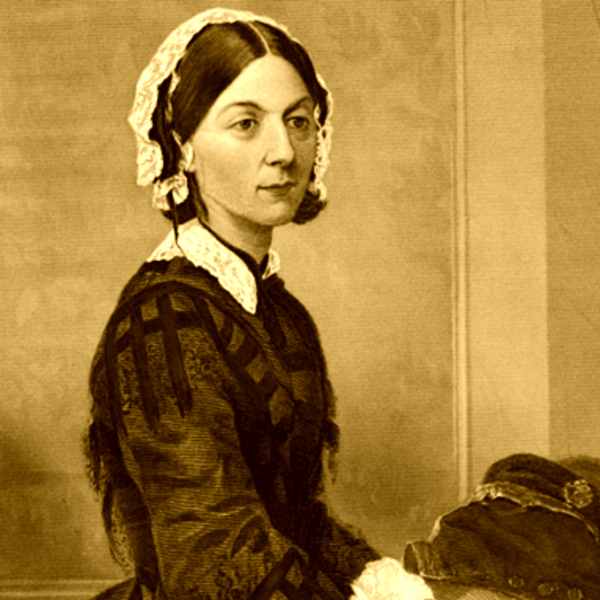
Florence Nightingale, pioneira da ciência na saúde Questão de Ciência
Florence Nightingale Syndrome refers to a concerning phenomenon where caregivers develop inappropriate romantic or sexual attraction to patients under their care. While not a recognized psychological condition, this controversial syndrome raises serious ethical questions and underscores the need for clear professional boundaries.

Florence Nightingale Who is She, Her Role in Nursing, and More Osmosis
In the summer of 1856 Florence Nightingale sailed home from war furious. As the nursing administrator of a sprawling British Army hospital network, she had witnessed thousands of sick soldiers.
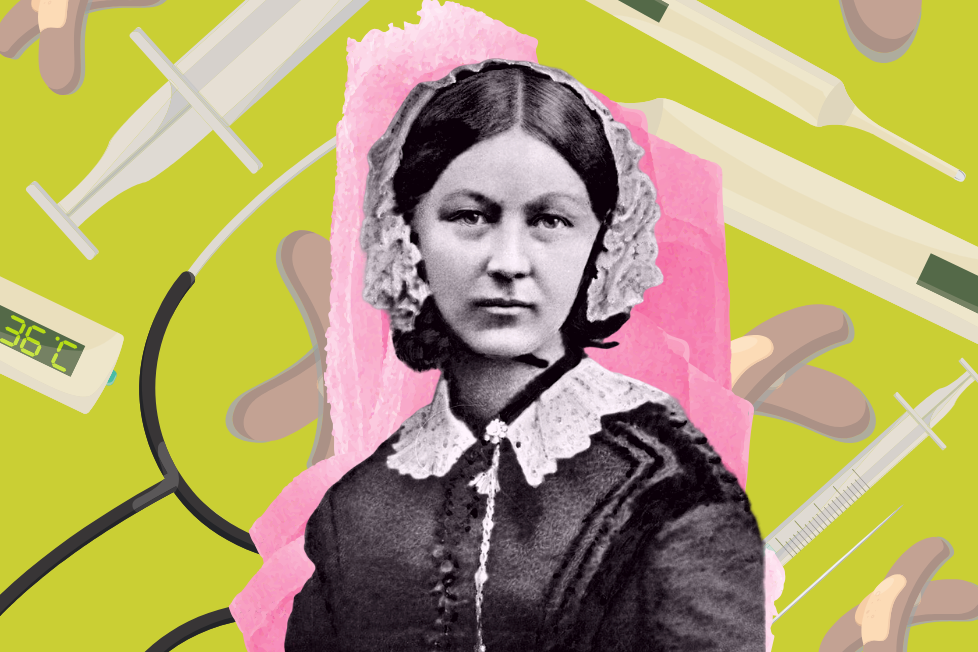
Happy 200th birthday to nursing pioneer, Florence Nightingale We Rep STEM
The purpose of this article is threefold: (a) to discuss the facts that point to the cause of Nightingale's Crimean fever as brucellosis, (b) to show that her debilitating illness for 32 years (1855-1887) was compatible with the specific form of chronic brucellosis, and (c) to present new evidence that she was still having severe symptoms in Dec.
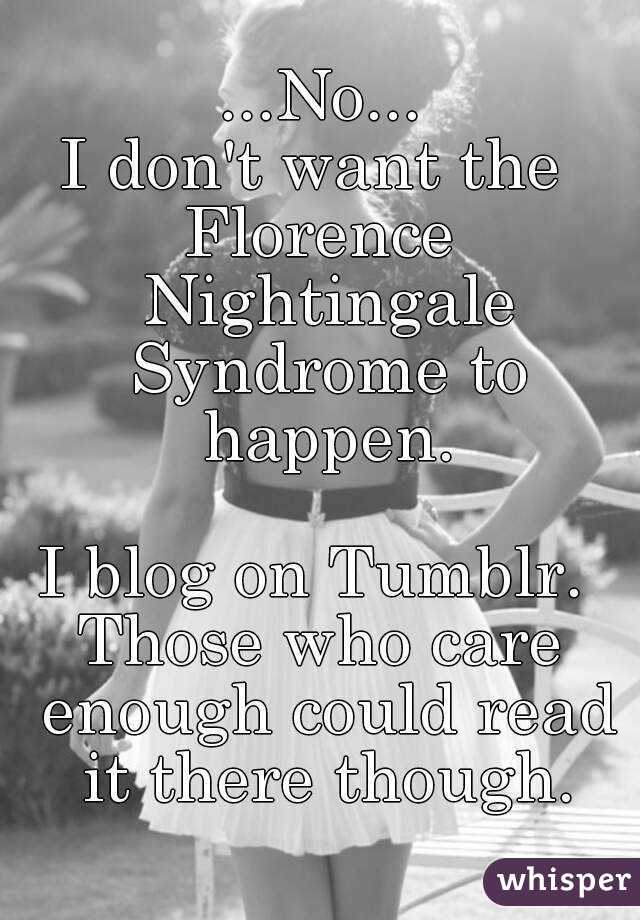
What Is Florence Nightingale Syndrome Captions Todays
Florence Nightingale (born May 12, 1820, Florence [Italy]—died August 13, 1910, London, England) British nurse, statistician, and social reformer who was the foundational philosopher of modern nursing. Nightingale was put in charge of nursing British and allied soldiers in Turkey during the Crimean War.
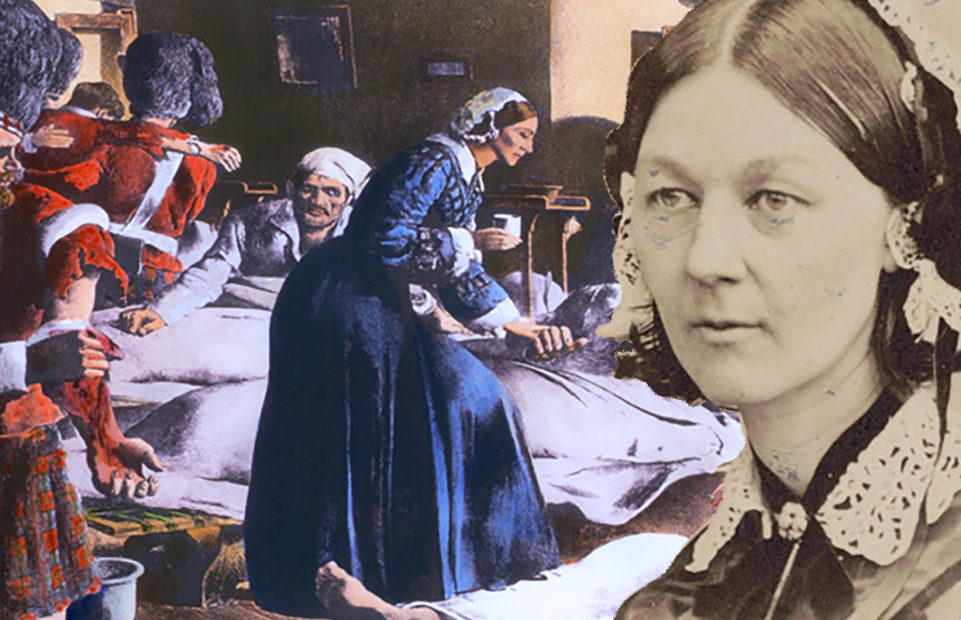
Florence Nightingale Nursing Pioneer Speakeasy News
25 October, 2017 The Florence Nightingale Syndrome is also referred to as the Florence Nightingale Effect 1 2 3. This syndrome happens when an individual caring for another individual develops romantic feelings for them.
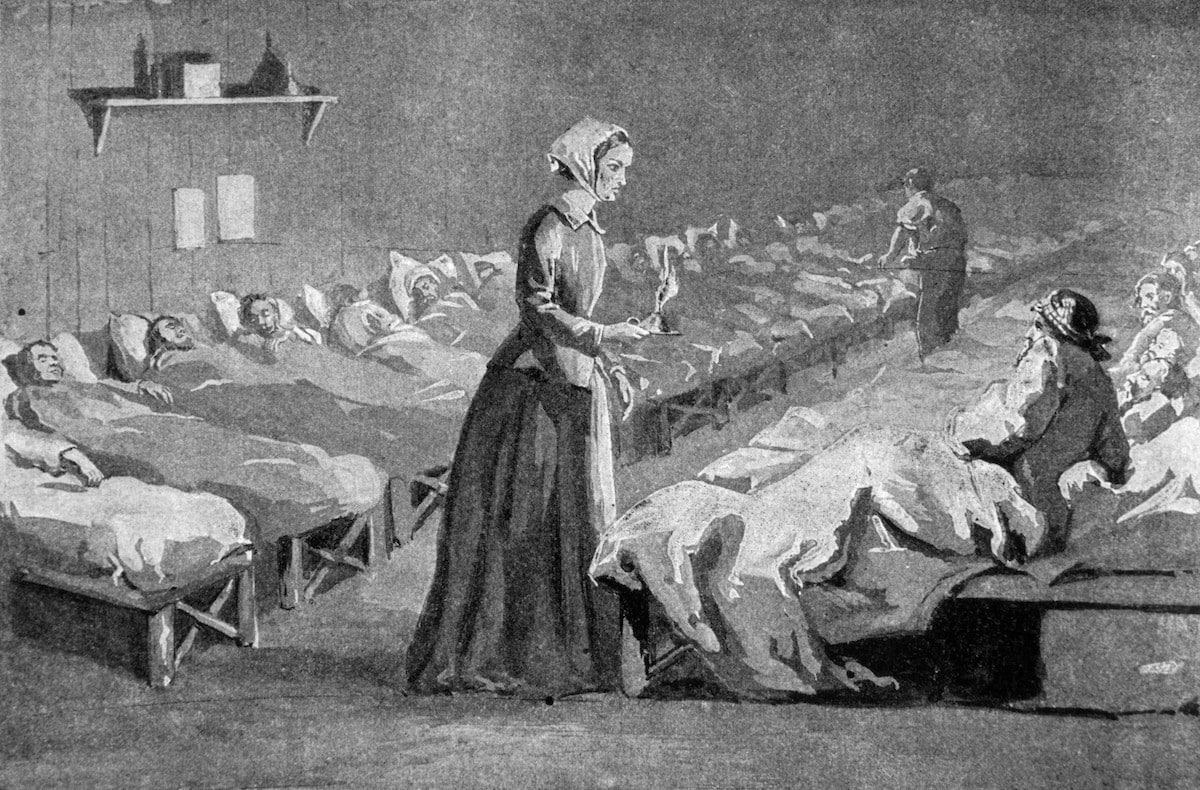
Florence Nightingale, la precursora de la enfermería moderna
; 12 May 1820 - 13 August 1910) was an English , statistician and the founder of modern . Nightingale came to prominence while serving as a manager and trainer of nurses during the , in which she organised care for wounded soldiers at She significantly reduced death rates by improving hygiene and living standards.

Florence Nightingale's Environment Theory
Exploring Nightingale's characteristics of EI such her confidence, determination, integrity and compassion, her teachings and beliefs can transcend time to mold successful nurses more than a century later. "The voice of a leader. It is as resounding as the heart it encourages, as far-reaching as the change it invokes.

You’ll have heard about Florence Nightingale a lot recently, with temporary hospitals popping up
The Florence Nightingale Effect explains why caregivers sometimes develop romantic and/or sexual feelings for their patients. Also known as Nightingale Syndrome, it is sometimes used to explain why caregivers show empathy and compassion for patients, even if there aren't any romantic or sexual overtones. Recommended videos Powered by AnyClip

Biography of Florence Nightingale British nurse
Florence Nightingale ( Figure 1 ), the founder of modern nursing of professional nursing, was born in Florence, Italy, on 1820, in an English family; she was named of the city of her birth. Florence learned mathematics, language, philosophy and religion (all subjects that later influenced on her work) from her father ( 1 ). Figure 1.

La historia de la mítica Florence Nightingale Homosensual
Stendhal syndrome is said to be a psychosomatic condition brought on by exposure to Florence's embarrassment of artistic riches. It takes its name from the French writer Marie-Henri Beyle, better.

A Crutch With Legs How Nightingale Syndrome Impacted My View of Dating by Dawn Johnson
Florence Nightingale was a British nurse, social reformer, and statistician who is also credited as the founder of modern nursing. She was born on May 12, 1820, in Florence, Italy where her parents were vacationing. The second daughter to William and Frances Nightingale, Florence was raised in a wealthy English family with many social ties to.
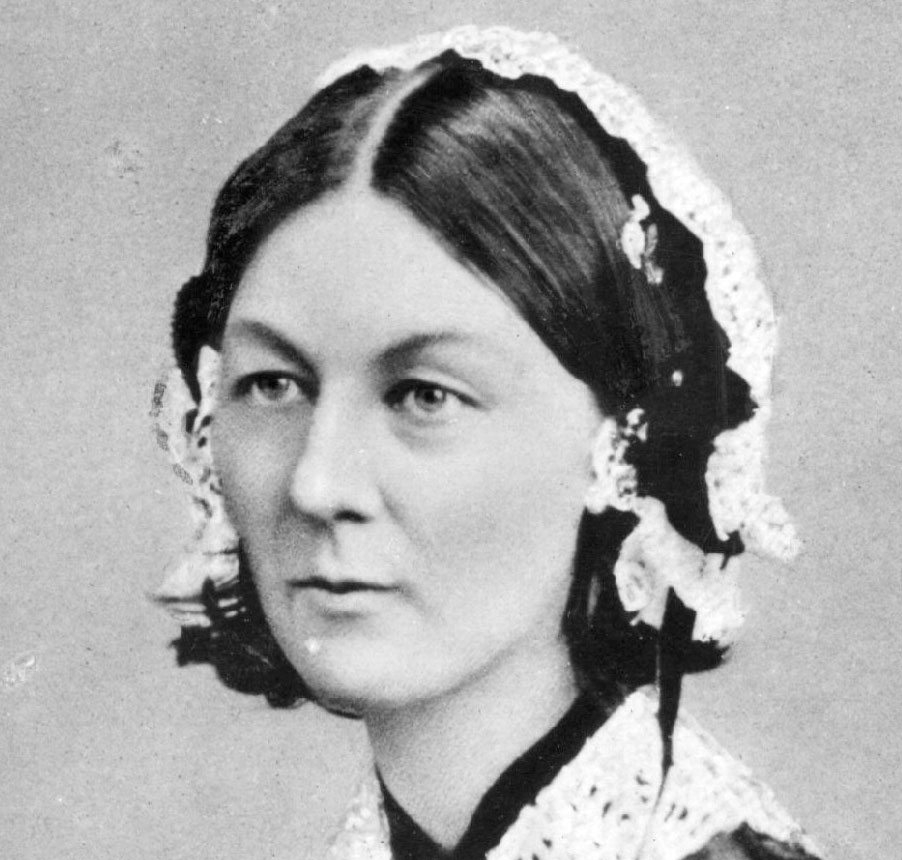
What Is Florence Nightingale Syndrome Captions Todays
Florence Nightingale (1820-1910), known as "The Lady With the Lamp," was a British nurse, social reformer and statistician best known as the founder of modern nursing. Her experiences as a nurse.